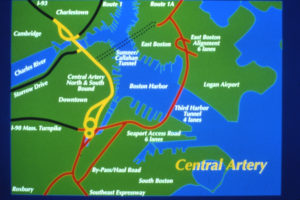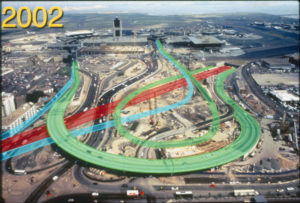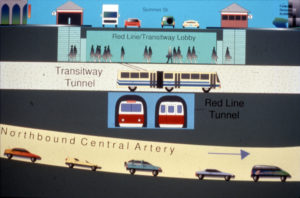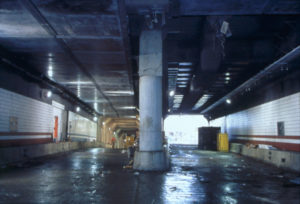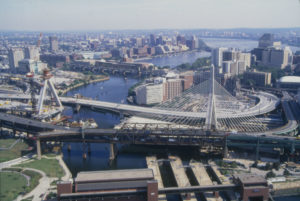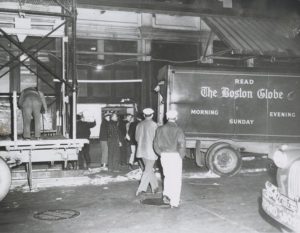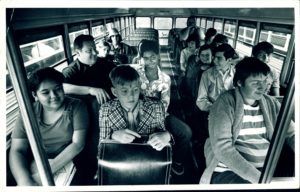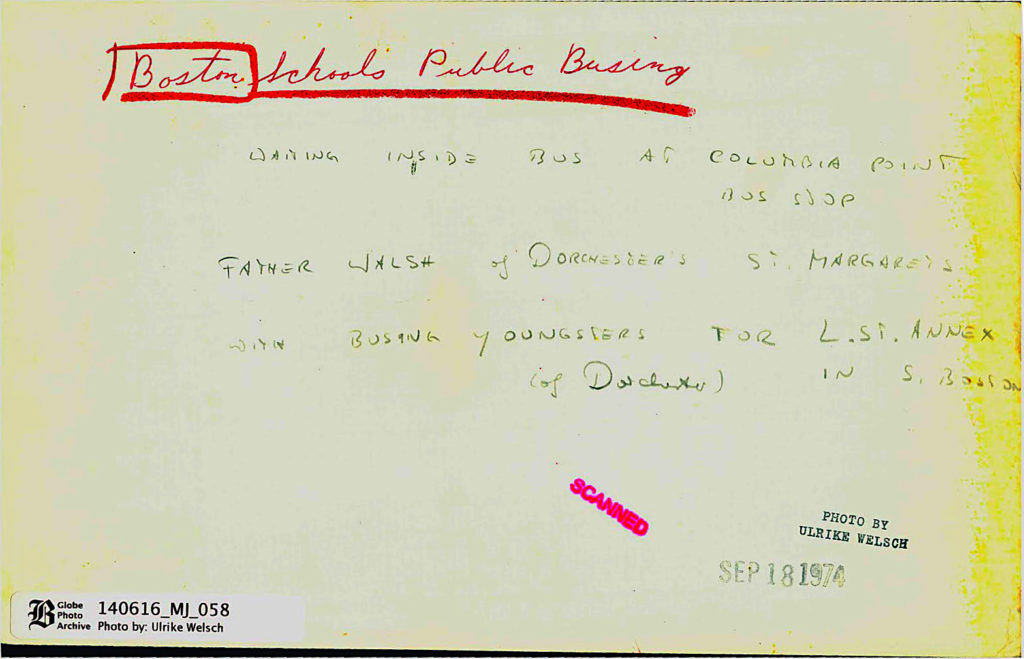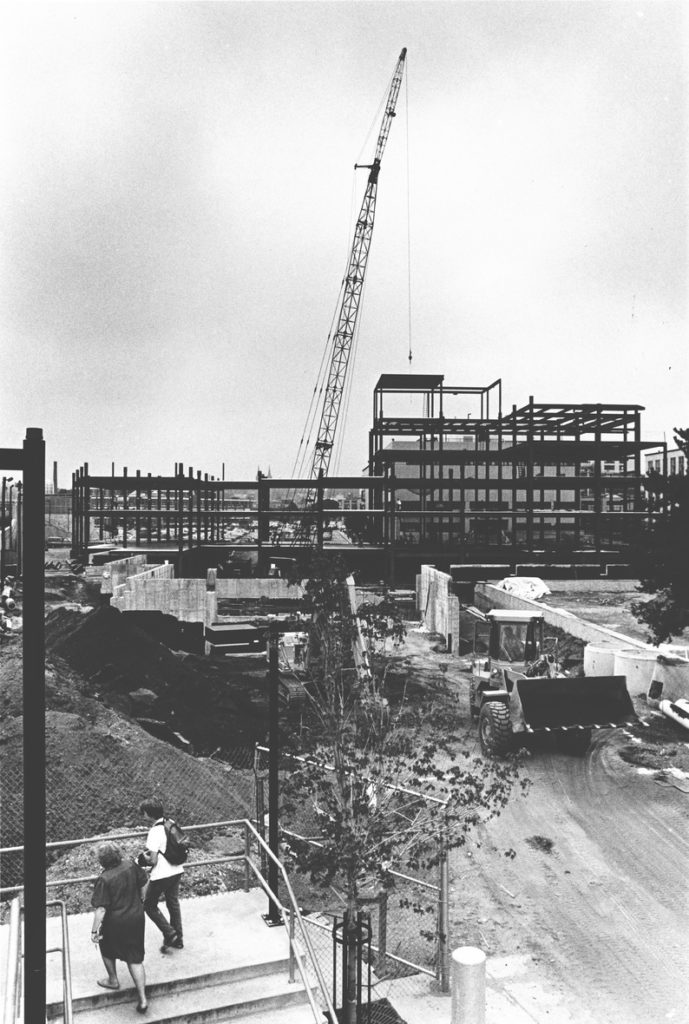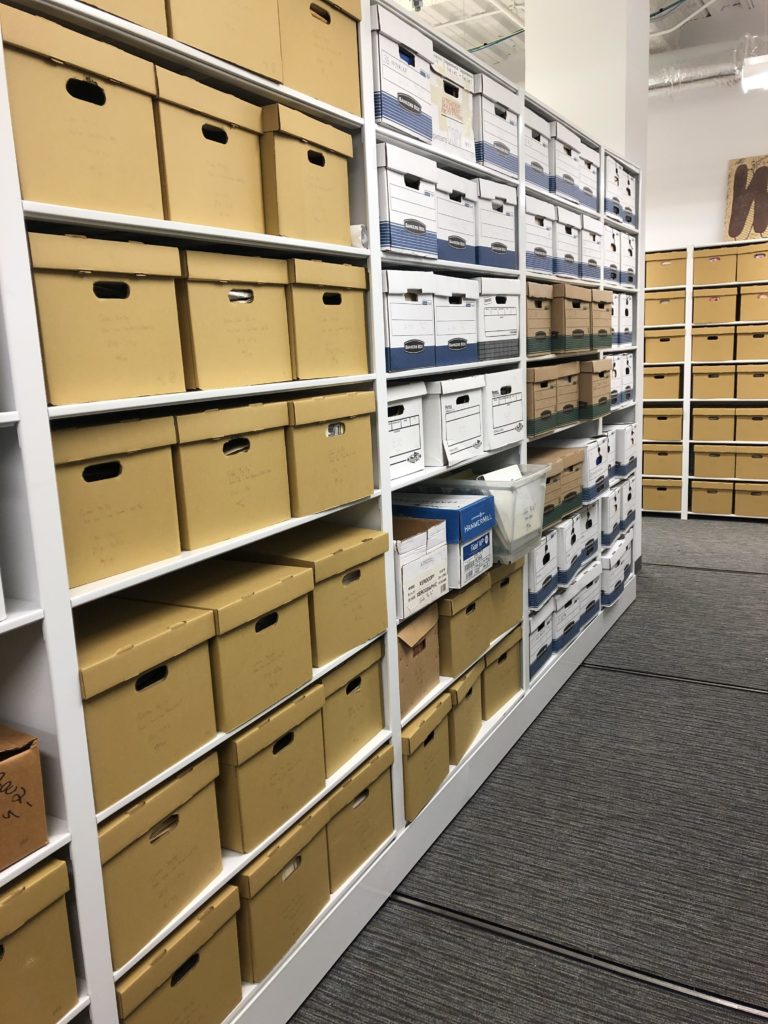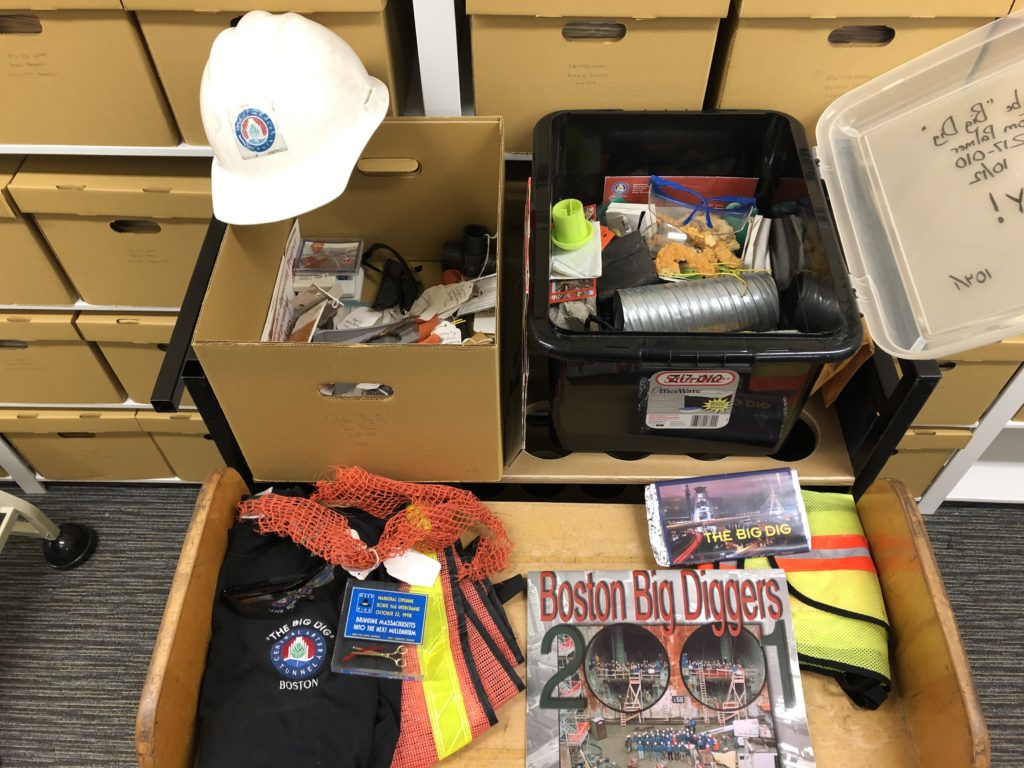100,000 public items available in the DRS!
The 100,000th publicly available file in the Digital Repository Service was deposited in July: a dissertation from the English Department titled Women Writing Racelessness: Performativity And Racial Absence In Twentieth Century Women’s Writing, by Sarah Payne. This milestone was achieved through the library’s and the university’s commitment to supporting open access to the scholarly output of the university, as well as to the archival artifacts that document the university’s history.
Many of the 100,000 public files are discoverable through Google and other search engines, as well as portals like the Digital Commonwealth and the Digital Public Library of America, which are designed to bring together digitized materials from various sources. Thanks to the openness of these materials, the DRS averages more than 2,000 unique visitors and more than 3,600 file interactions each day. Public materials stored in the DRS have been cited by regional and national news organizations, including the New York Times and WBUR, as well as in Reddit discussions and Wikipedia articles.
Here are a few digital collections for you to explore:
- Check out the Northeastern University Online collection of digitized videos from Northeastern’s history, made available by Northeastern University Archives and Special Collections.
- Graduating students have their theses and dissertations deposited in the DRS. Or check out the archive of RISE posters dating back to 2014 for more examples of stellar student work.
- Faculty and staff have can store the output of their research in the DRS, including datasets and publications. Or check out the catalog of specimen images captured by the The Ocean Genome Legacy Project.
The DRS will continue to grow as Northeastern faculty, staff, and students continue to produce articles, images, research, and artifacts that represent the tremendous work happening at the university. Faculty and staff are welcome to sign in to the DRS and upload their own research publications, presentations, monographs, and datasets at their leisure. To get started uploading lots of materials for large projects, contact your subject librarian or the library’s Repository Team: Library-Repository-Team[@]neu.edu.
